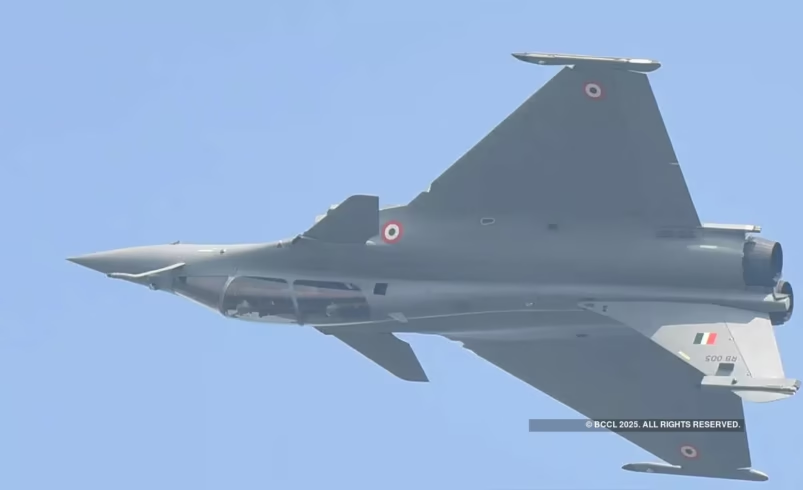India Accelerates X-Guard Acquisition for Rafale Jets’ Defense
- July 12, 2025
- 0

India is taking significant steps to enhance the defense capabilities of its Rafale fighter jets by expediting the acquisition of the X-Guard decoy system from Rafael. This advanced system is designed to improve missile defense, a critical requirement for operations in contested airspace. The urgency in acquiring this technology underscores India’s commitment to strengthening its air force’s operational readiness and safeguarding its assets against potential threats.
The X-Guard decoy system, already in use by Israel, plays a pivotal role in protecting aircraft from missile attacks. It functions by luring incoming missiles away from the aircraft, thereby reducing the risk of direct hits. This capability is particularly crucial for missions conducted in hostile environments where the threat of missile attacks is high. By integrating this system into its Rafale jets, India aims to enhance the survivability of its fleet during critical operations.
The acquisition of the X-Guard system represents a strategic enhancement of India’s air defense capabilities. As regional tensions and security challenges continue to evolve, having a robust missile defense mechanism is essential for maintaining air superiority. The integration of such advanced technology not only boosts the operational effectiveness of the Indian Air Force but also serves as a deterrent against adversaries.
Looking ahead, the successful deployment of the X-Guard system could pave the way for further advancements in India’s defense technology landscape. It highlights India’s proactive approach to modernizing its military assets and ensuring that its forces are equipped with cutting-edge tools to meet contemporary security challenges. This move is likely to have far-reaching implications for India’s strategic positioning in the region.